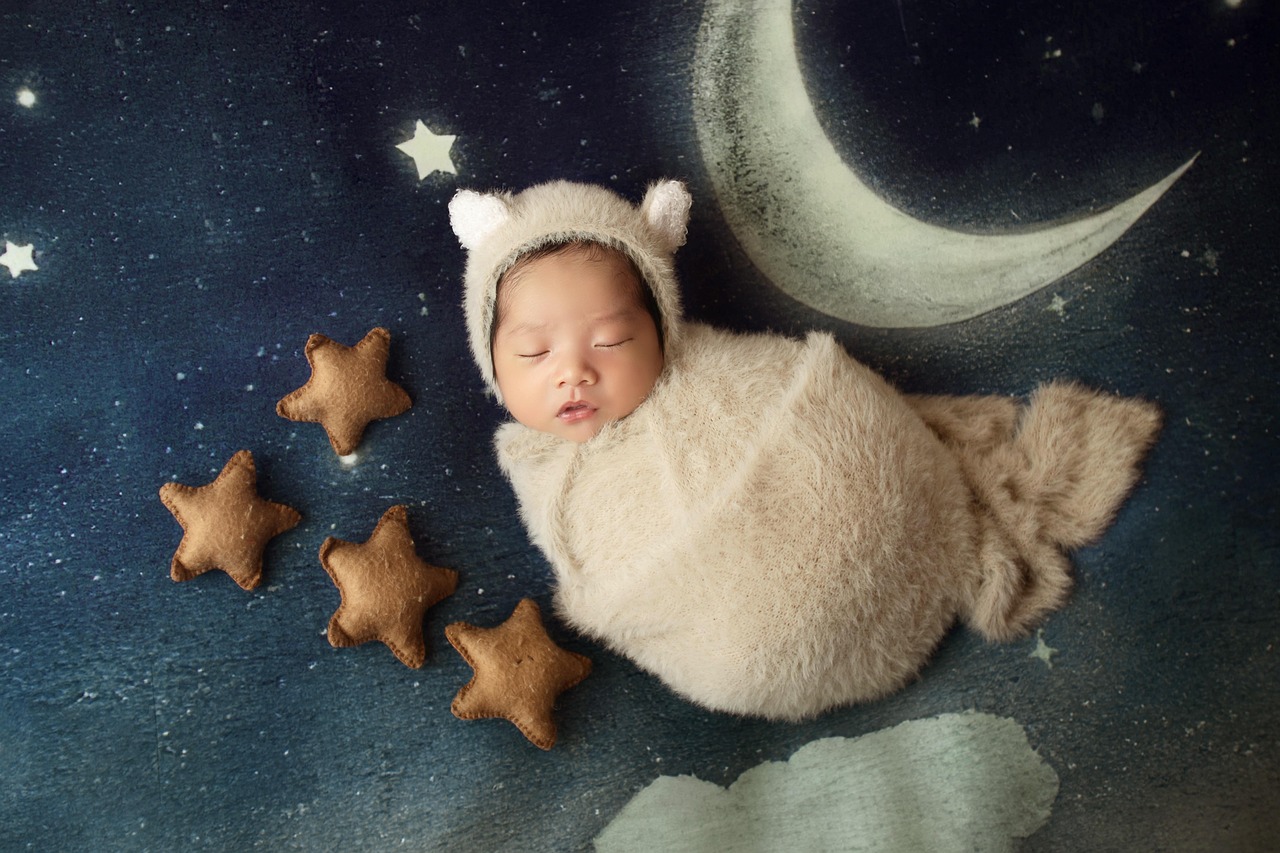
A trusted, parent-friendly guide to how much sleep babies need from newborn to 18 months, plus what “sleeping through the night” really means.
If you’ve ever Googled “how much sleep does my baby need?” or “how much sleep do babies need?” at 3 a.m. you’re not alone. Many parents worry that their baby isn’t sleeping enough, or sleeping too much, or not like other babies.
But here’s the truth: Every baby is different, and most are doing just fine.
Still, understanding what’s typical at each stage can help you feel more confident, less anxious, and better equipped to support your baby’s rest.
This guide breaks down:
Let’s take the pressure off and help you understand what your baby really needs, one age and stage at a time.
Your baby’s sleep patterns aren’t just unpredictable; they’re biologically designed to shift as they grow. Understanding why can make those erratic nights feel a little less frustrating.
Here’s what drives these frequent changes:
👶 Tucksy Tip: Regression today is often a sign that your baby’s brain and body are learning something new.
According to the American Academy of Pediatrics (AAP), sleep duration varies significantly by age, typically between 14–17 hours for newborns down to 12–14 hours at 18 months, inclusive of naps.
There’s no one right number. Instead, think of sleep needs in healthy ranges that shift with each developmental stage. Here’s what most babies need:
Age | Total Sleep (24 hrs) | Night Sleep | Daytime Naps |
0–6 weeks | 14–17 hrs | 2–4 hrs at a time | 4–6 scattered naps |
6–12 weeks | 14–16 hrs | 6–8 hrs (fragmented) | 3–5 naps |
3–4 months | 13–16 hrs | 8–10 hrs (still waking) | 3–4 naps |
5–6 months | 13–15 hrs | 10–11 hrs | 3 naps |
7–9 months | 13–14 hrs | 10–12 hrs | 2–3 naps |
10–12 months | 12–14 hrs | 11–12 hrs | 2 naps |
13–18 months | 12–14 hrs | 11–12 hrs | 1–2 naps (nap transition) |
📝 These are averages, not exact prescriptions. Some babies fall just outside these ranges and still thrive.
You’ll hear this phrase a lot, but it rarely means what people think.
Many assume “sleeping through the night” means 10–12 uninterrupted hours by a few months old. That’s unrealistic for most babies.
In reality:
💡 Tucksy’s Take: Night waking doesn’t mean something’s wrong; it means your baby’s brain and body are doing what they’re designed to do.
You can’t force sleep, but you can create the right environment for it to flourish. Here are gentle ways to help your baby rest longer:
🧡 There’s no one right method. What matters is responding with calm, consistent care.
When your baby is well-rested, you’ll usually notice some predictable patterns. Here’s what to look for:
If you’re seeing most of these, you’re probably in a good place.
Overtiredness can be sneaky and often shows up as hyperactivity, not sleepiness. Here are signs to watch for:
🔀 If your baby seems overtired, an earlier bedtime (by even 15–30 minutes) can make a big difference.
Baby sleep isn’t one-size-fits-all and it’s never linear. Some babies need more; some need less. There will be great nights and tough ones.
What matters most:
You’re doing better than you think, and your baby is growing every day.
© Tucksy | Terms and conditions